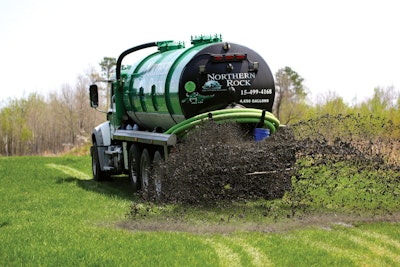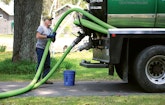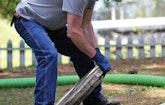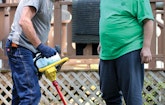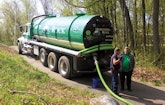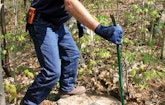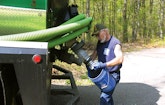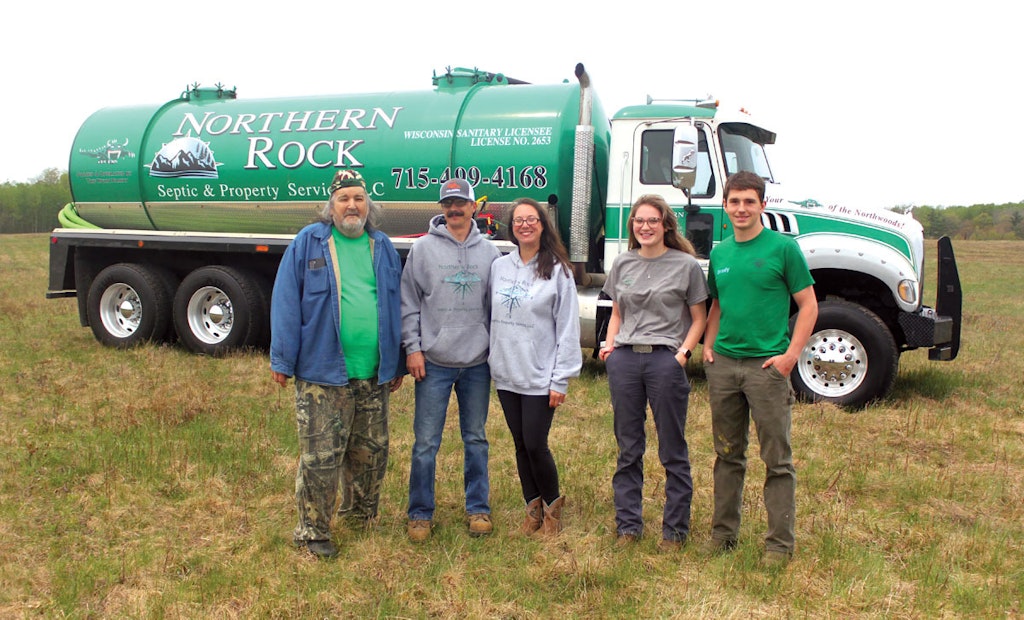
The Northern Rock Septic crew includes, from left, Jeff Duncan, Bob and Michelle Kuhn, Carlee Kadubek and Brady Schreiber. Jeff Darrin is not pictured. (Photos by Cory Dellenbach)
It took only 48 days for Bob and Michelle Kuhn to get their new septic pumping company up and running after officially leaving their previous employer in March 2022.
They got their finances in order, filed the proper paperwork with the DNR, found a used vacuum truck in a...
